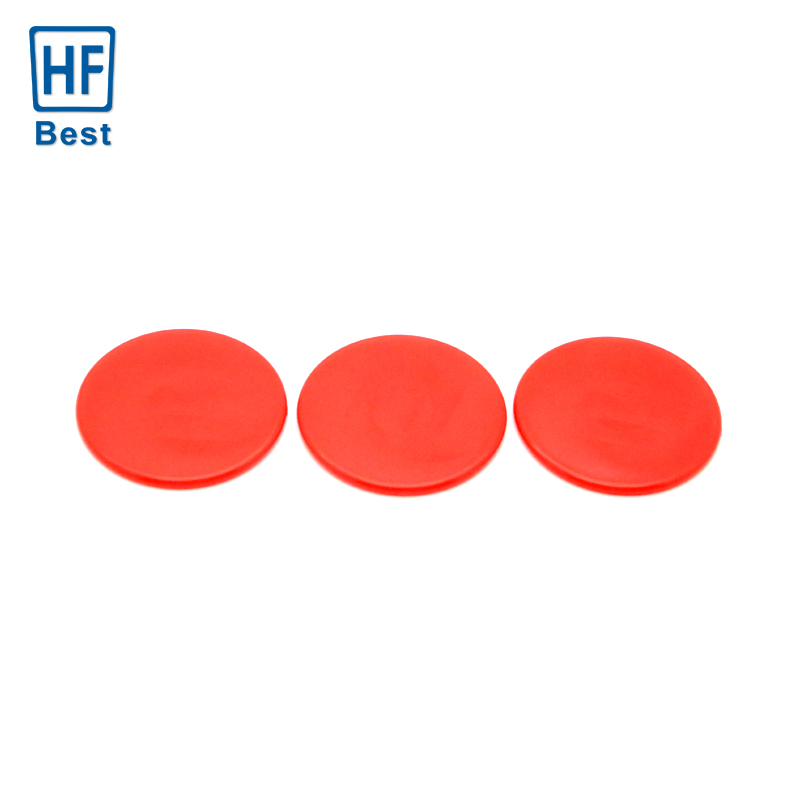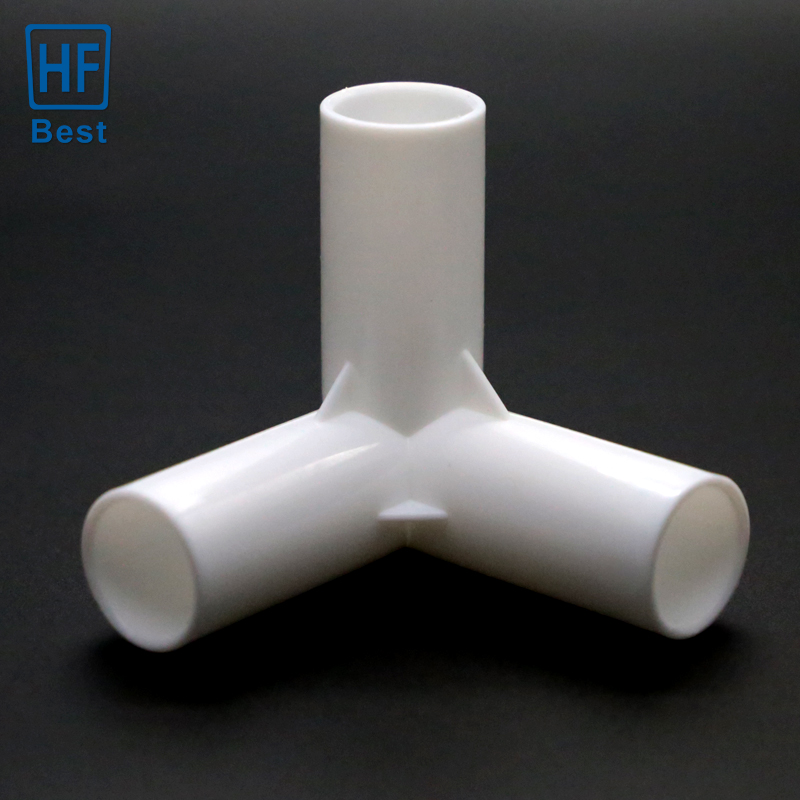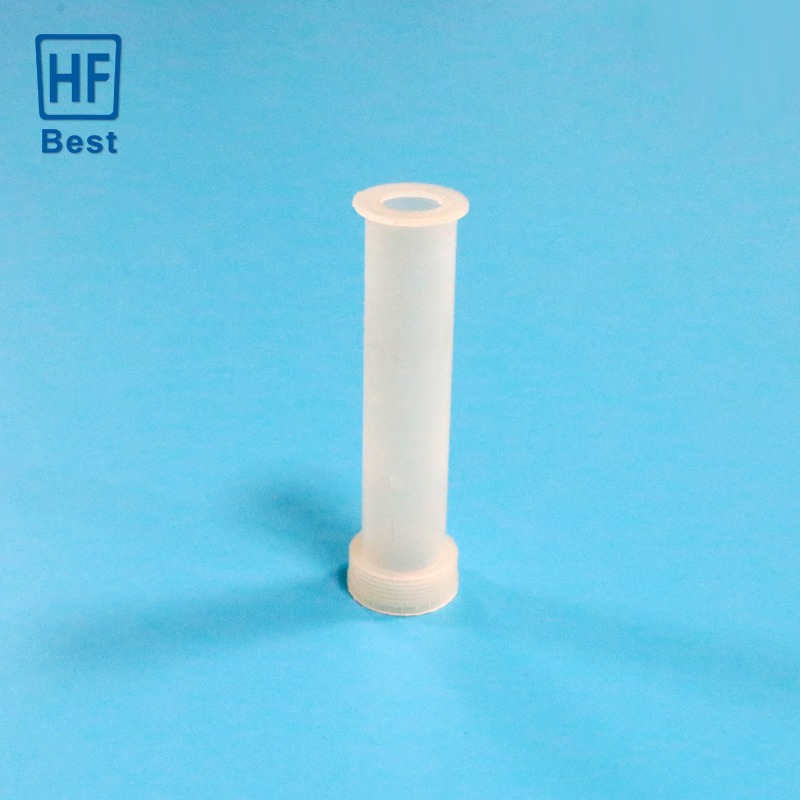News
- Industry news
Industry news
PP processing
PP processing technology
1.Solution method
Polypropylene was dissolved in a suitable solvent, and then monomer grafting was initiated in a certain way.
2.Bulk polymerization process
Liquid phase propylene, there are two types of reactor and tube reactor;
3.Slurry method
Propylene is dissolved in low carbon alkane solvent, and the reactors include continuous stirring tank reactor, intermittent stirring tank reactor and eunuch reactor.
4.Gas phase polymerization
The gas-phase propylene direct polymerization reactor includes liquefaction bed, isoreactor and historical reactor.

The processing method of PP board
1. Injection molding
This is one of the most commonly used processing methods for PP plates, by heating the PP plate to a molten state, and then injecting it into the mold to cool and harden, forming the desired product shape.
2. Extrusion molding
The method is to heat the PP plate, make it in a molten state, and then extrude it into the desired shape of the product through the extruder.
3. Hot press molding
Hot pressing is the product of heating PP sheet to softening temperature and then pressing it into the desired shape under high pressure.
4. Sintering molding
The method is to heat the PP plate to a high temperature, so that it is completely melted, and then under the action of gravity will melt the PP plate into the desired shape of the product.
5. Casting molding
Casting molding is to heat PP particles to a molten state, and then pour the molten PP into the mold to cool and harden, forming the product of the desired shape.

PP processing need to pay attention to the main points
1.Plastic treatment
Pure PP is translucent ivory white and can be dyed in a variety of colors. The dyeing of PP can only use the color masterbatch on the general injection molding machine, but some models have independent plasticizing components that strengthen the mixing effect, and can also be dyed with color powder. Products used outdoors are generally filled with UV stabilizers and carbon black. The use of recycled materials should not exceed 15%, otherwise it will cause strength decline and decomposition discoloration.
2.Injection molding machine selection
Because PP has high crystallinity. It is necessary to use a computer injection molding machine with high injection pressure and multi-stage control. The clamping force is generally determined by 3800t/m2, and the injection volume is 20%-85%.
3.Mold and gate design
Mold temperature 50-90℃, for high size requirements with high mold temperature. The core temperature is more than 5℃ lower than the cavity temperature, the diameter of the flow channel is 4-7mm, the length of the pin gate is 1-1.5mm, and the diameter can be as small as 0.7mm. The shorter the length of the edge gate, the better, about 0.7mm, the depth is half of the wall thickness, the width is twice the wall thickness, and gradually increases with the length of the molten flow in the mold cavity. The mold must have good exhaust, the vent depth is 0.025mm-0.038mm, the thickness is 1.5mm, to avoid contraction marks, it is necessary to use a large and round nozzle and circular flow channel, and the thickness of the reinforcement should be small.
4.Melting temperature
The melting point of PP is 160-175 ° C and the decomposition temperature is 350 ° C, but the temperature can not be set above 275 ° C during injection processing. The temperature of the melting section is preferably 240℃.
5.Injection speed
In order to reduce internal stress and deformation, high-speed injection should be selected, if the engraved surface appears light and dark stripes diffused by the gate, low speed injection and higher mold temperature should be used.
6.Melt back pressure
Available 5bar melt back pressure, color powder back pressure can be adjusted.
7.Injection and pressure preservation
High injection pressure (1500-1800bar) and holding pressure (about 80% of the injection pressure) are used. About 95% of the total travel time to change the pressure holding, with a longer pressure holding time.
8.Post-processing of products
In order to prevent shrinkage and deformation caused by post-crystallization, products generally need to be soaked in hot water.
Guangzhou Best Rubber & Plastic Co., Ltd. has more than 20 years of PP processing custom manufacturing experience, with more than 2,000 square physical processing plant, but also has CNC, vulcanization machine, spark machine and other professional production equipment, as well as a professional design team, can bring customers satisfactory products and services.

The causes of welding marks in PP processing and the treatment methods
1.Melting and mold temperature is too low. The temperature of barrel and mold should be increased.
2.The gate location is not reasonable. The gate position should be changed.
3.The content of volatile substances in raw materials is too high or the mold exhaust is poor. Volatile substances should be removed from the raw material and the exhaust system of the mold should be improved.
4.The injection speed is too slow. Should be appropriately expedited.
5.There is no cold hole in the mold. Cold hole should be added.
6.There are foreign impurities on the surface of the mold cavity. Should be cleaned.
7.The gating system design is unreasonable. The mold filling performance of the pouring system should be improved to make the molten material flow smoothly in the mold cavity.
Guangzhou?Best?Rubber?And?Plastic?Co.,Ltd.
 Tel:(020)31523725, 37523936, 31523097
Tel:(020)31523725, 37523936, 31523097 Fax:(020)37403270, 37403280
Fax:(020)37403270, 37403280 Email: sales@gz-best.com/export@gz-best.com
Email: sales@gz-best.com/export@gz-best.com Add:No. 21 Liangtian Middle Road, Baiyun District, Guangzhou City, Guangdong Province
Add:No. 21 Liangtian Middle Road, Baiyun District, Guangzhou City, Guangdong Province Add:25-27 Yanling Road, Guangzhou
Add:25-27 Yanling Road, Guangzhou


Follow WeChat
COPYRIGHT Guangzhou Best Rubber And Plastic Co.,Ltd. 粵ICP備05087523號
